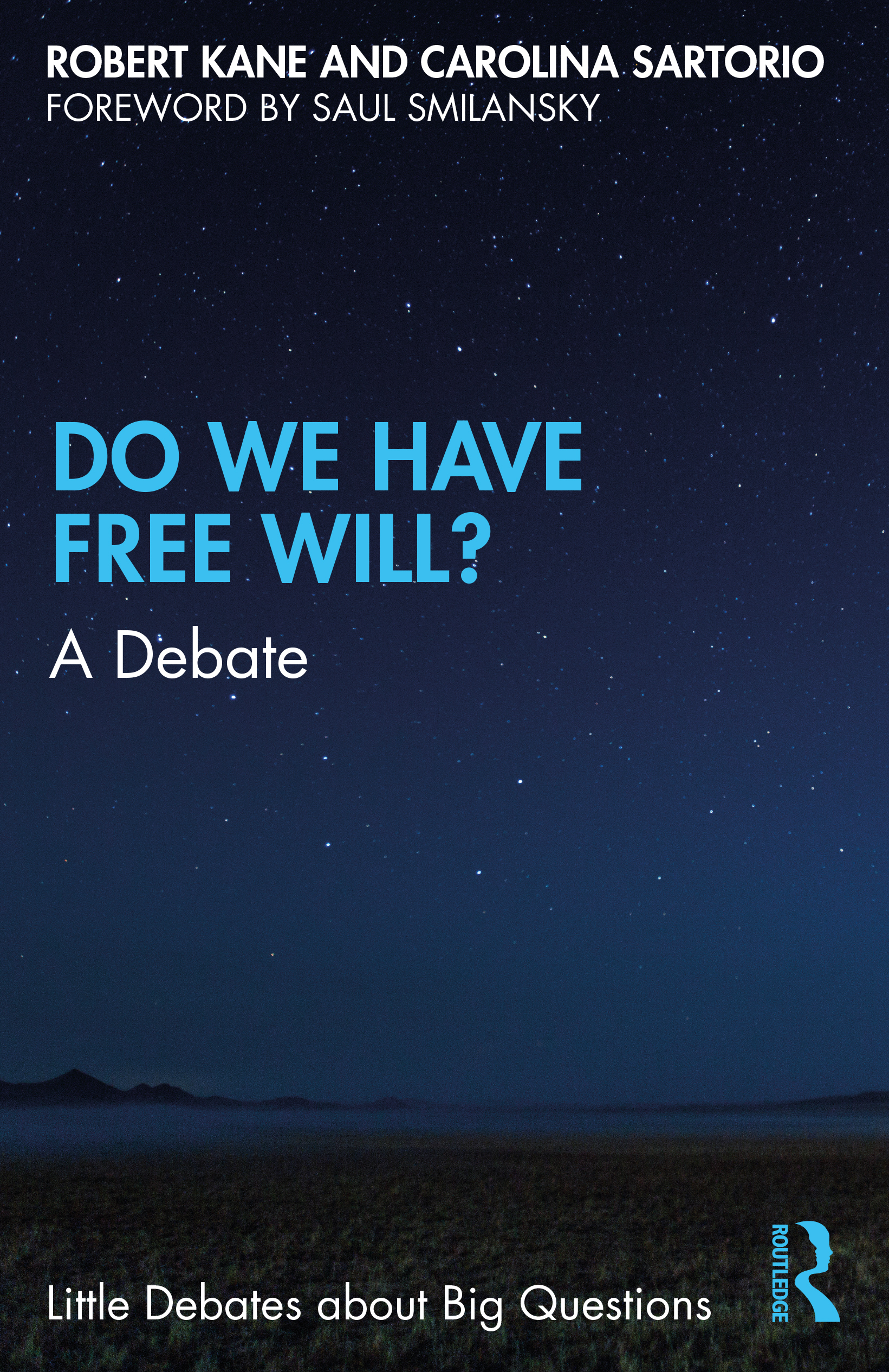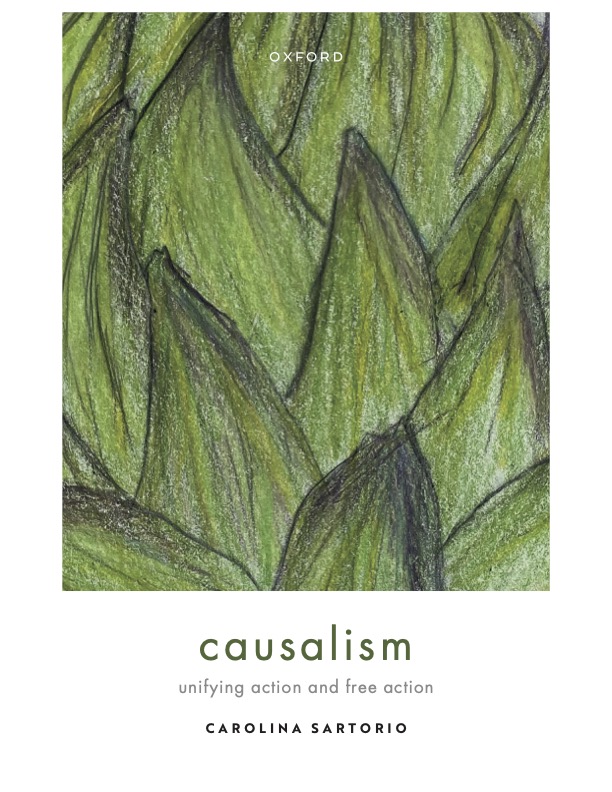Causation and Free Will
OUP, 2016 (Paperback: 2019)
The book connects debates about the metaphysics of causation with the problem of free will. I argue for a view according to which all that matters to freedom is the actual causes of our behavior. Although this simple view of freedom clashes with most theories of responsibility, including the most prominent “actual sequence” theories currently on offer, I argue for its truth. The key lies in a correct understanding of the role played by causation in a view of that kind. Causation has some important features that make it a responsibility-grounding relation, and this contributes to the success of the view. Also, when agents act freely, the actual causes are richer than they appear to be at first sight; in particular, they reflect the agents’ sensitivity to reasons, where this includes both the existence of actual reasons and the absence of other (counterfactual) reasons. So acting freely requires more causes and quite complex causes, as opposed to fewer causes and simpler causes, and is compatible with those causes being deterministic.
Symposia
Philosophical Studies (2018) Participants: Randolph Clarke, Alfred Mele, and Derk Pereboom.
Teorema (2018): Participants: Peter Graham, Carlos Moya, and Ann Whittle.
Reviews
Notre Dame Philosophical Reviews (Christopher Franklin, 2016).
Journal of Philosophy (Neal Tognazzini, 2016).
Ethics (Stephen Kearns, 2017).
Australasian Journal of Philosophy (Helen Beebee, 2018).
Mind (Horacio Spector, 2018).
Analysis (Peter Graham, Andrew Law, and Jonah Nagashima, 2018).
Journal of Moral Philosophy (Taylor Cyr, 2018).
Philosophical Review (Sara Bernstein, 2018).
Criminal Law and Philosophy (Alex Kaiserman and Daniel Kodsi, 2019).


